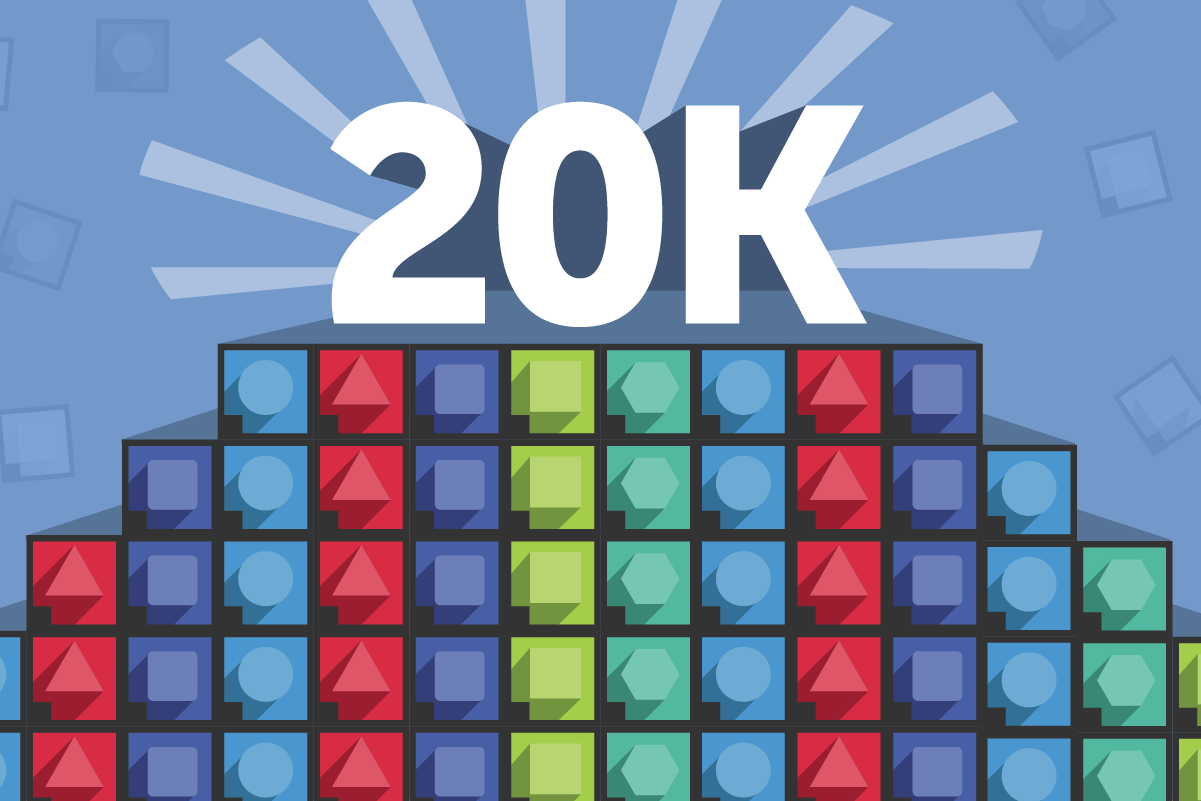Educators dedicate their time, talent, and effort to uplifting and supporting learners. They are essential to transforming the learning landscape and bringing about more equitable outcomes. Digital Promise works to provide educators the tools, networks, resources, and professional development opportunities that empower them to best serve learners.
Coinciding with the recommendation of the Office of Educational Technology’s policy report “Artificial Intelligence and the Future of Teaching and Learning,” Digital Promise believes it is essential to center humans in applications of artificial intelligence (AI) in the classroom. Our starting point is that AI systems should support or augment, but never replace, a teacher.
Foundational AI knowledge is necessary to understand the social and ethical implications of AI and to mitigate risks of bias. To further support AI literacy for educators, Digital Promise created a new page sharing our current work on the topic and highlighting a series of blog posts and resources.
 Over the last decade, Digital Promise’s work has resulted in almost 35,000 registered users who have earned more than 20,000 micro-credentials. These micro-credentials have addressed topics such as computational thinking, inclusive innovation, supporting students in digital learning environments, refugee education, financial literacy, media literacy, culturally diverse and responsive instruction, social-emotional learning, and so much more. Users have found success in finding the micro-credentials that best suit their needs using the Micro-credential Explorer and Digital Promise Micro-credential Platform.
Over the last decade, Digital Promise’s work has resulted in almost 35,000 registered users who have earned more than 20,000 micro-credentials. These micro-credentials have addressed topics such as computational thinking, inclusive innovation, supporting students in digital learning environments, refugee education, financial literacy, media literacy, culturally diverse and responsive instruction, social-emotional learning, and so much more. Users have found success in finding the micro-credentials that best suit their needs using the Micro-credential Explorer and Digital Promise Micro-credential Platform.
 Talladega County Schools in Alabama offers a proofpoint of what it looks like for a district to embed Computational Thinking (CT) Pathways into the fabric of its schools.
Talladega County Schools in Alabama offers a proofpoint of what it looks like for a district to embed Computational Thinking (CT) Pathways into the fabric of its schools.
As hosts of our League of Innovative Schools spring convening, the district showed how students can engage in CT activities on devices, in their English and history classes, in science and math, when they visit the library, and in their health science elective. Importantly, CT skills and practices are not confined to a single computer science elective or afterschool activity; they are embedded across the curriculum in every course students take. To accomplish this, it’s important to provide the coaching necessary to prepare educators to bring computational thinking to their practice.